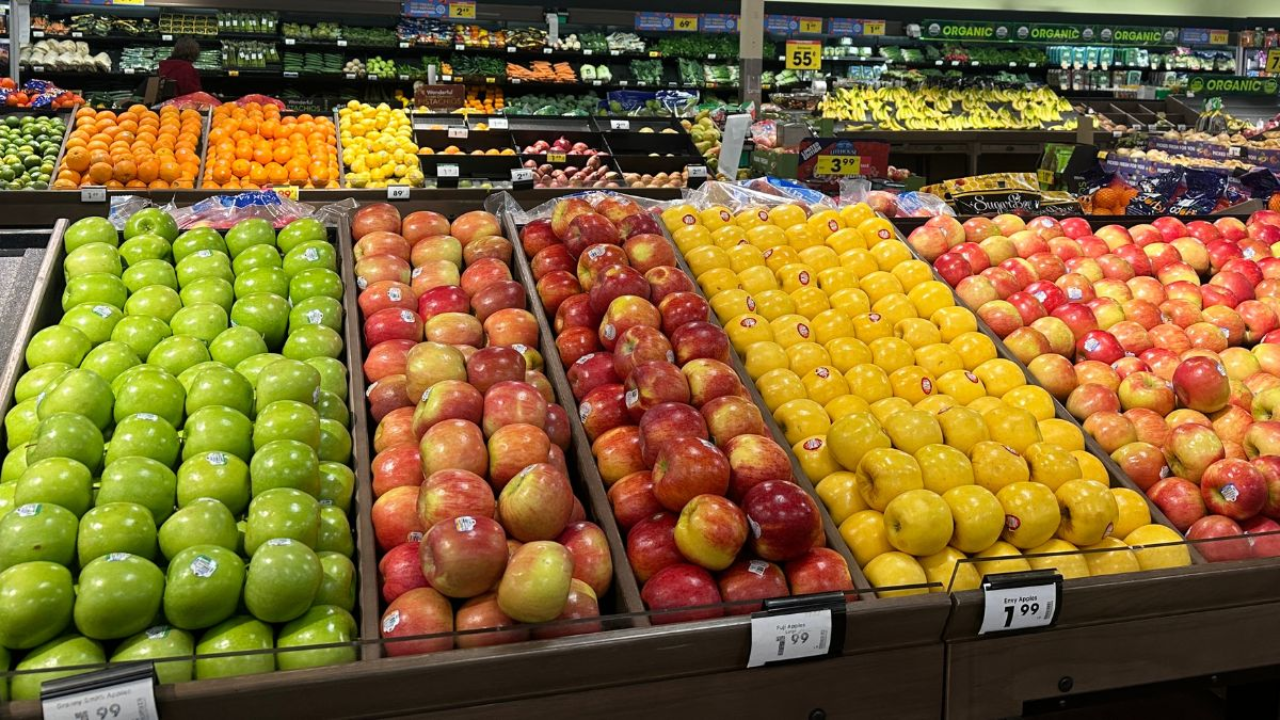Illinois is making a big change. Starting in 2026, the state will end the grocery tax. This tax is a fee added to grocery bills.
Many people in Illinois pay it when they buy food. But now, some towns in Illinois want to keep their grocery tax even after the state stops charging it.
The grocery tax has been part of Illinois’ budget for years. It helps raise money for the state to pay for public services like schools, roads, and safety. However, the tax has been unpopular because it makes groceries more expensive for everyday shoppers.
Lawmakers in Illinois decided to end the state grocery tax starting in 2026. This is good news for many families who struggle with rising food prices. But the story does not end there. Some local towns want to keep their grocery taxes to raise money for their budgets.
Towns in Illinois have the right to set some local taxes. This means they can decide if they want to charge a tax on groceries even if the state stops.
Some towns see this as a way to keep money flowing for their needs. They worry that losing the grocery tax will create a hole in their budgets.
Many local officials say that without this tax, they might have to cut services or raise other taxes. They want to avoid those problems. So, they are pushing to keep their grocery tax or create new local taxes that work similarly.
This move by local towns is causing some debate. Supporters say the grocery tax helps fund important programs like road repairs, schools, and emergency services. They argue that if the state ends the tax, towns will suffer unless they keep their version.
On the other hand, critics say grocery taxes hit low-income families the hardest. Since everyone needs to buy food, this tax is seen as unfair. They want the tax gone completely and believe towns should find other ways to raise money.
The Illinois state government has made it clear it will stop its grocery tax in 2026. This is part of a bigger plan to reduce taxes on everyday expenses and help families save money.
Still, local governments have their budgets and responsibilities. The choice to keep or remove local grocery taxes is in their hands. This has led to different towns making different decisions. Some towns have already voted to keep their grocery tax. Others are still deciding what to do.
People living in Illinois should watch closely. The cost of groceries might go down in some places but stay the same or even go up in others because of local taxes.
The grocery tax debate is not just about money. It is also about fairness and how to best fund public services. Illinois is working through these challenges as it plans for the end of the state tax.
The end of the grocery tax at the state level is expected to help many families save hundreds of dollars each year. But the impact on local budgets and taxes remains to be seen.
Illinois lawmakers, local officials, and residents will continue to talk and decide what is best for their communities. For now, the grocery tax remains a hot topic, with towns trying to find the right balance between funding services and keeping costs low for families.
Disclaimer- Our team has thoroughly fact-checked this article to ensure its accuracy and maintain its credibility. We are committed to providing honest and reliable content for our readers.






